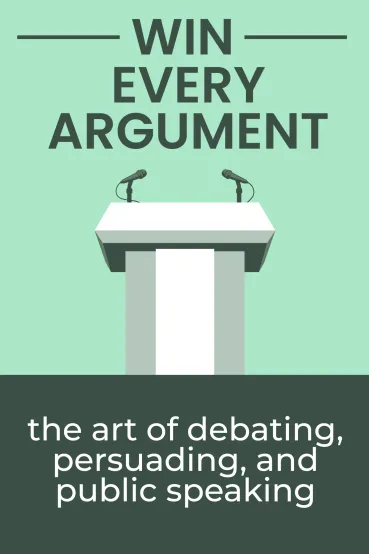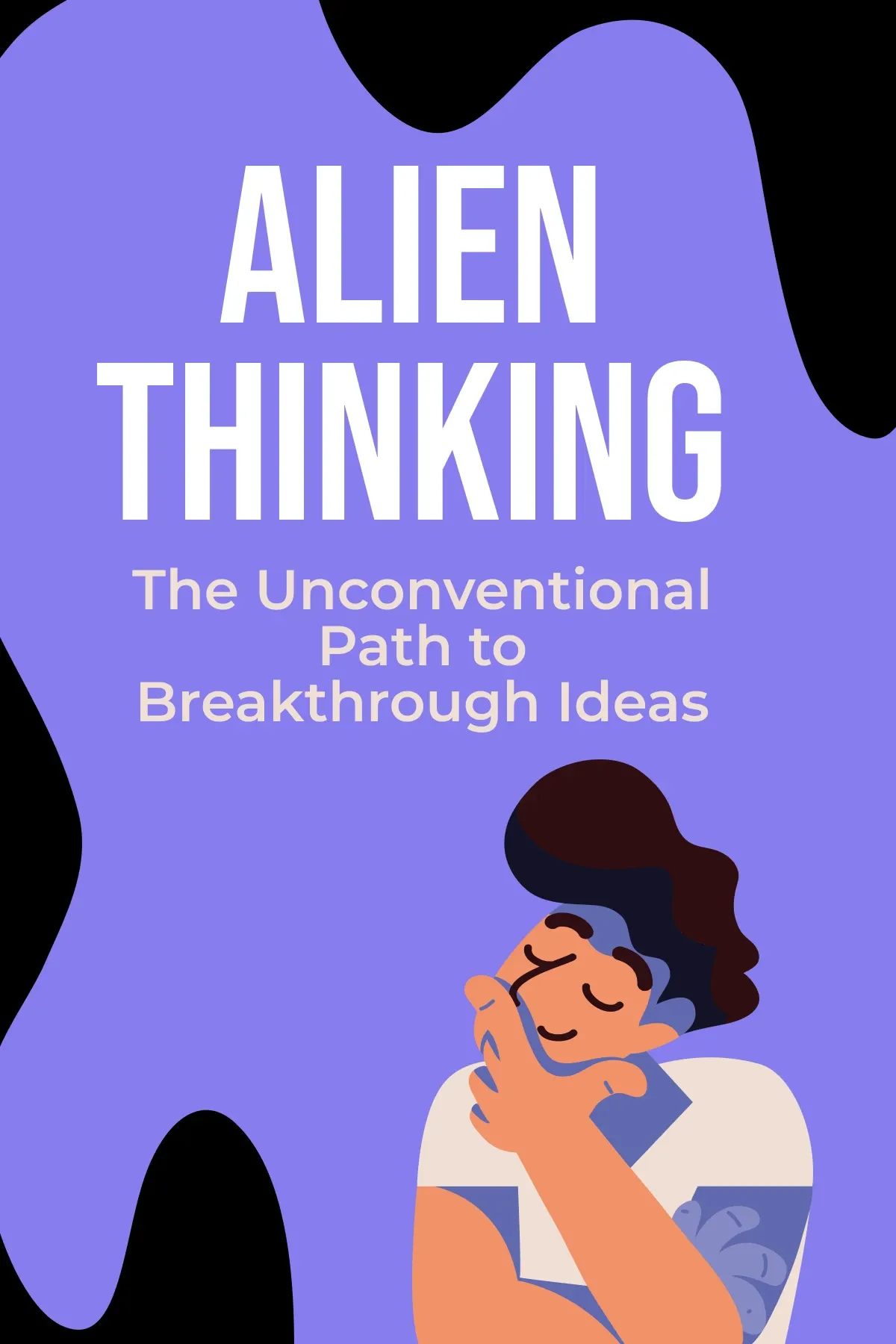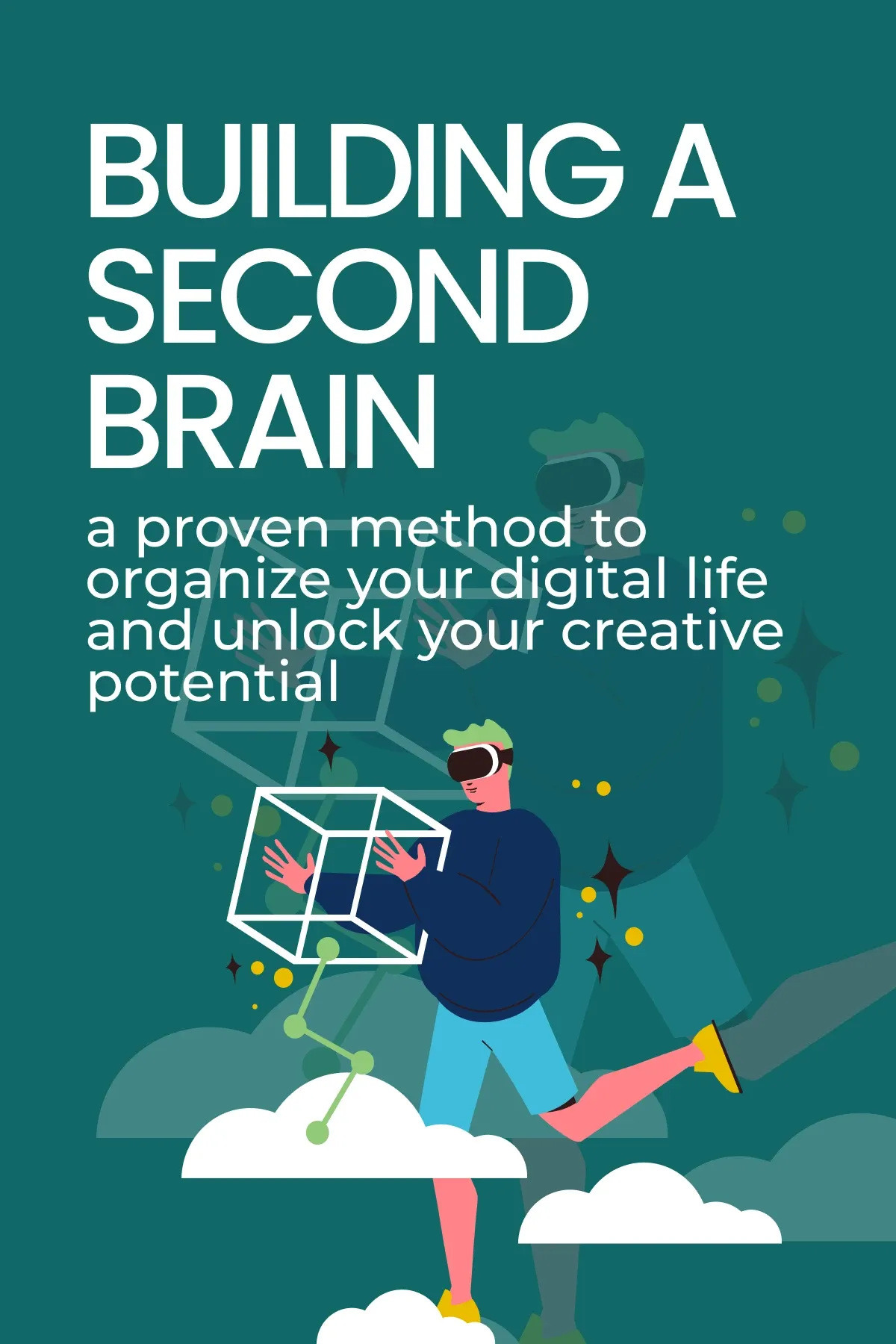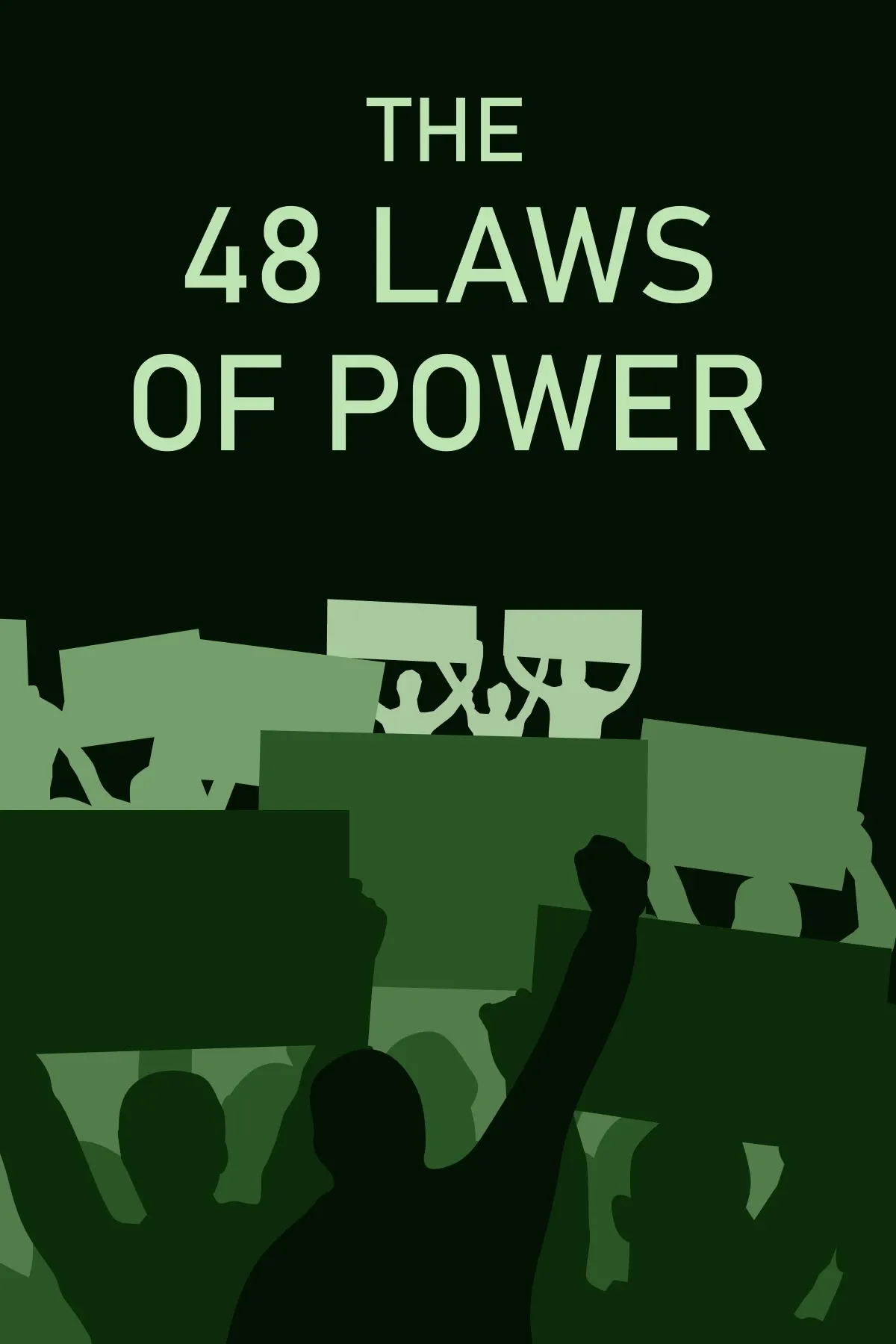
Win Every Argument
Brief Summary
“Win Every Argument” (2023) is a guide to the art of persuasion, showing how to combine logic and emotion effectively. Written by Mehdi Hasan, the book uses stories to illustrate the power of this mix in swaying people's opinions. It also discusses the tactical use of ad hominem arguments as a persuasion technique.
Key points
Key idea 1 of 5
Some might see winning an argument as a matter of cold logic, where facts and evidence fight it out. But understanding human cognition begs a different narrative. Emotions, according to neuroscientists like Antonio Damasio, are vital. They play an indispensable role in our decision-making. Damasio asserts, "We are not thinking machines that feel, we are feeling machines that think." Thus, we cannot simply isolate reason from emotion, especially when making decisions.
Our thinking process is a simple mix of logic and feelings. Emotions help us pay attention and make information meaningful. They breathe life into the black-and-white landscape of logical decision-making. Our emotions form our values, which, in turn, guide our choices. For instance, empathy can drive us to make decisions that benefit others. It might happen even when there's no logical gain for us. Fear can urge us to avoid certain options – even if, logically, they might seem beneficial. Emotional engagement does make our decisions inherently human. Therefore, an argument is not solely won through unfeeling data and logic. It is also won by appealing to emotions and establishing a connection on a human level.
In his groundbreaking book, *Descartes' Error*, Damasio analyzes individuals with prefrontal cortex injuries. The prefrontal cortex is a region of the brain integral to emotional processing. Their world is devoid of emotional shades. This reduces everything to the stark contrast of black-and-white logic. Paradoxically, the absence of emotions doesn't enhance their reasoning. These individuals find it challenging to assign value to different choices. This difficulty renders them dispassionate observers of their own lives. They have knowledge but are devoid of feelings. This observation disrupts the conventional dichotomy of reason and emotion. It proposes a new idea. Feelings are integral to our decision-making landscape.
FAQ
You may also like these summaries











